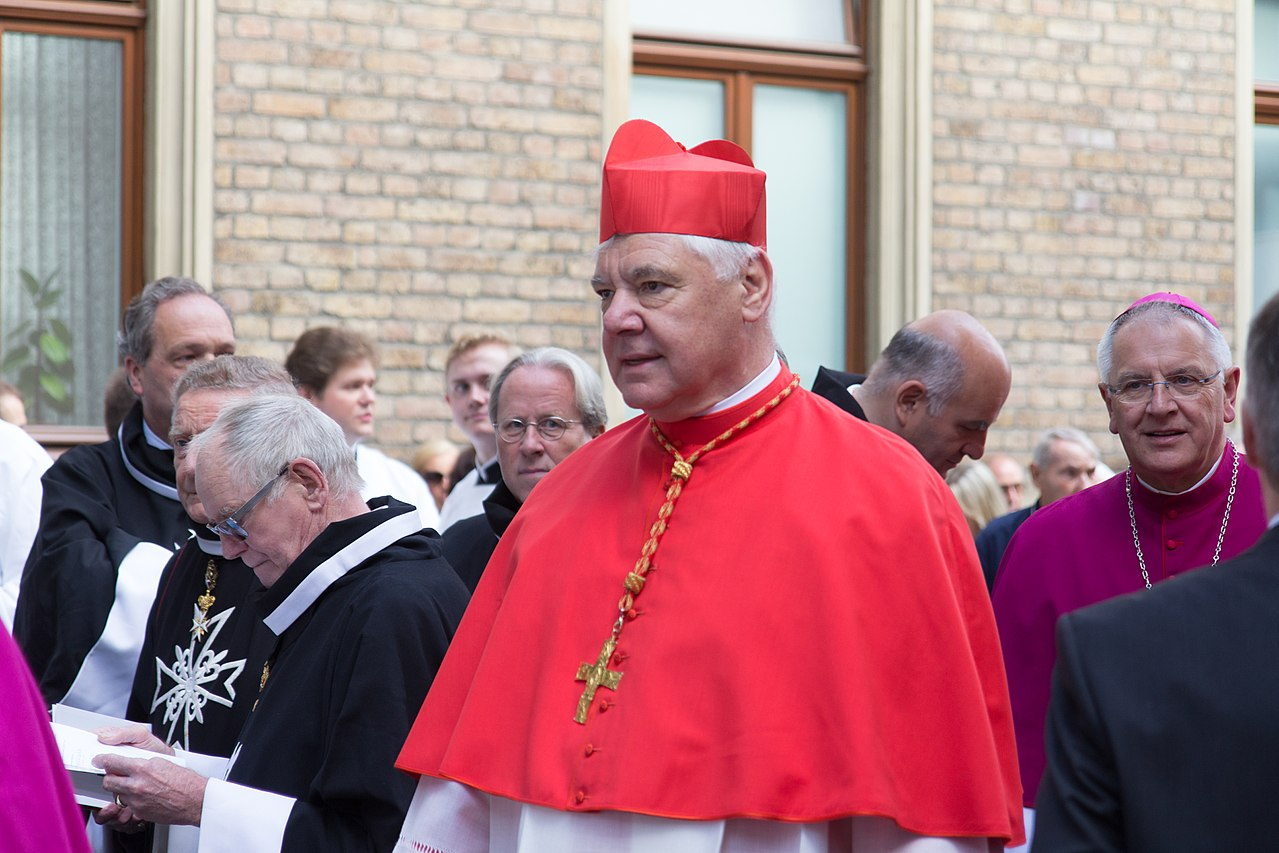Cardinal Müller accuses Pope of "Brutal Intolerance" and "Autocratic Leadership"
The recent rescriptum approved by Francis and the Prefect of the Dicastery for Divine Worship and the Discipline of the Sacraments, Cardinal Roche, continues to elicit reactions.
The new document, which reinforces the Motu Proprio, Traditinis custodes, establishes that the use of a parish church or the erection of a personal parish for the celebration of the Eucharist according to the Missale Romanum of 1962 and the granting of licence to priests ordained after the publication of the Motu proprio Traditionis custodes to celebrate according to the Missale Romanum of 1962, will be the responsibility of Rome.
This media already published this week how this decision further strengthens Rome's centralist control to the detriment of the bishops' freedom of decision and action.
InfoVaticana has contacted Cardinal Müller to get his opinion on this decision of the Pope and Cardinal Roche. The ex-prefect of the Congregation for the Doctrine of the Faith replied that "Pope Benedict XVI gave the papacy a great reputation, even among agnostics far removed from the Church (Paolo Flores D'Arcais, Jürgen Habermas and Piergiorgio Odifreddi) through his high theological competence and intellectual honesty".
Alluding to Benedict, Müller maintains that "it was not necessary for him to insist on formal obedience in an authoritarian manner, because even the obedience of faith to God, which is decisive for salvation, does not demand blind servility, but a devotion to God the Trinity with reason and free will, that is, an obesequium rationi."
On the other hand, the German Cardinal states that "when it comes to obedience to ecclesiastical authority, a distinction must be made between religious obedience, which refers to the authoritative submission of the revealed faith, and the willingness to willingly follow the Pope and the bishops also in matters of discipline of the ecclesiastical organisation and the order of the liturgy". "We distinguish between the substance of the sacraments, over which the Pope and the bishops have no power of disposition, and the liturgical rite, which has historically grown into the various legitimate rites within the one Catholic Church," the cardinal adds.
Müller assures that "Pope Benedict overcame the tensions that had arisen in a theologically competent and pastorally sensitive way by distinguishing between the ordinary and extraordinary forms of the Latin rite". Cardinal Müller describes this decision as "brutal intolerance" against those who prefer the Traditional Mass. He adds that it is a decision that "is pastorally counter-productive", and "an appalling example of theological incompetence in distinguishing between the untouchable substance of the sacrament and the richness of the forms of the liturgical rites".
In this sense, Cardinal Müller does not hesitate to point out that this new brief "degrades bishops or local ordinaries of secondary rank to petitioners to the highest authority (that is, the bureaucracy of the Dicastery for Worship)". The German Cardinal underlines that this decision "damages the pastoral responsibility of the episcopate" and "obscures the true meaning of the Papacy, which is to represent and realise the unity of the Church in the truth of faith and sacramental communion".
Finally, Müller regrets that "the recognition of papal authority is not promoted, but weakened in the long run" as it can give the impression of a kind of autocratic leadership.










.jpeg)

Comments